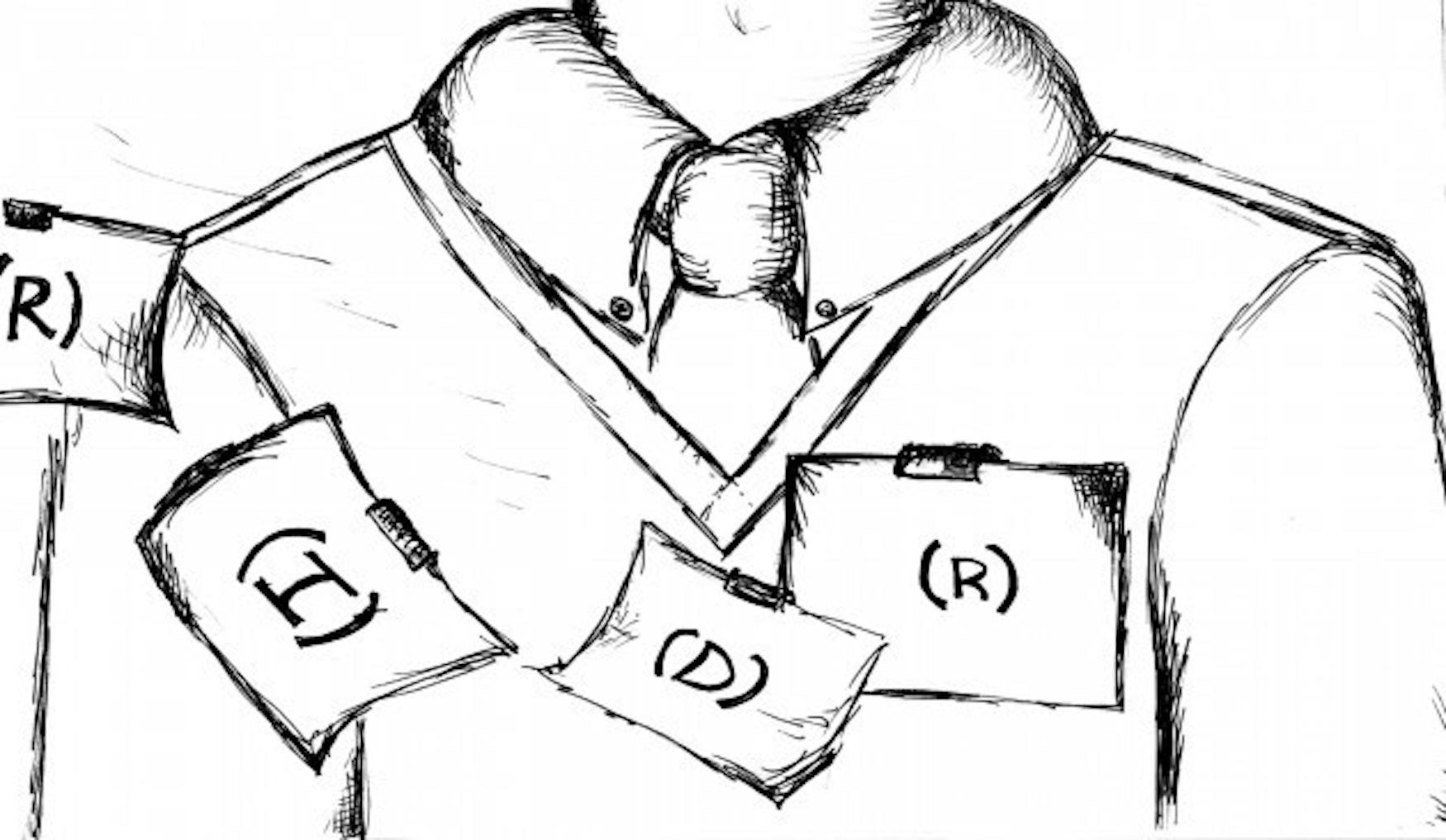No Labels program represents progress in Congress
Congress is broken. It has become helplessly polarized, wallowing in partisan gridlock, virtually incapable of getting anything done. Or is it? Signs of productivity are beginning to show in the 113th Congress. The Senate has passed a budget for the first time in three years, and with a competing one being produced by the Obama Administration, the stage is set for a robust debate over the financial future of America. Further evidence of life is the recent bipartisan gun control plan from Senators Joe Manchin (D-WV), Mark Kirk (R-IL) and Pat Toomey (R-PA). Influential Democratic Senator Chuck Schumer (NY) has also agreed to support the plan, which will expand background checks to better prevent criminals and the mentally ill from acquiring firearms. But this is just one of many compromises that will need to take place if Congress is really going to start working again and get back to its true business: solving the problems of America. At the vanguard of such efforts is an organization Senator Manchin was recently named the honorary co-chair of: No Labels.
Formed in 2010 by a coalition of Republicans, Democrats and Independents, No Labels seeks to bring together the millions of Americans who have lost faith in Congress to produce substantial, structural changes. I believe a major cause of this loss of faith is the lack of productivity from Congress. That in turn, I think, is caused by fear of many members of Congress to compromise with members of the opposing party because extremist factions in both parties are currently the most vocal groups. They intimidate members of Congress into toeing a strict party line lest they lose the support and financing of these unbending wings. This gets reduced into a political stalemate and no meaningful policy changes. This is where No Labels comes in: to change the conversation and show our representatives that reasonable Americans are the true majority in this nation. This will reassure our leaders that compromise and quality legislation are the best ways to public support and re-election.
As a testament to the power of organizing this majority, this past February, No Labels had its first victory when a version of its "No Budget, No Pay" suggestion was signed into law as part of the debt ceiling compromise. The provision states that if Congress is unable to pass a budget for the next fiscal year (in this case, 2014), then Congress's pay will be withheld until an agreement is reached or the next session starts. The recent passage of a Senate budget illustrates the effectiveness of "No Budget, No Pay" as an incentive for Congress.
No Labels also proposes a new policy that would set a 90-day limit in which the Senate must hold an up-or-down vote on a presidential nominee or he/she is automatically confirmed. This is to prevent a single Senator from holding up presidential nominations indefinitely. Since 2011, over 200 offices ranging from federal judgeships to key positions in the Treasury Department remain unfilled because there is no time limit on how long a Senator can delay the confirmation or rejection hearing for a presidential nominee.
Another No Labels structural change in Congress is to allow a majority on any Congressional committee to override the committee chairman's decision not to move a bill to the full House or Senate to vote upon. This would empower coalitions of Congress members who support and have compromised on legislation, as they can now bypass any obstructionist chairmen. Other reforms include a monthly session in which the President would report to Congress to be asked questions directly from the legislature as well as a five day work week for Congress-members. This would require them to be in Washington DC for three full weeks out of the month and then get one week per month to return home to fundraise, meet with constituents, campaign, etc. In the status quo, our officials are free to leave D.C. whenever they choose, leading many to have 3-day workweeks where they travel on Mondays and Fridays, preventing comprehensive work from getting done.
Perhaps the most promising feature about No Labels is how rapidly it has garnered support, both inside and away from the Beltway. Exactly 59 members of Congress have joined No Labels "Problem Solvers" coalition. These bold representatives are holding regular meetings to foster a spirit of bipartisanship, draft legislation together, and encourage compromise. In terms of external support, over 500,000 Americans have joined No Labels in some capacity, with over 1,300 attending the group's first national convention this past January in New York City. I myself attended and I was inspired by the show of support for compromise and the comprehensiveness and depth of No Labels's organizational and reform efforts.
I see the ultimate goal of No Labels as producing a constituency of compromise. By uniting as many Americans as possible under a banner of inclusiveness and non-partisanship, we can motivate our elected representatives to take the bold actions necessary to fix Congress and America. By showing Congress that the extremes, both on the left and the right, are no longer the loudest or most organized voices; we can bring an end to the political stalemate this polarization of the body politic has produced. We can lift the gridlock paralyzing Congress and we can start moving our country forward again.
*



Please note All comments are eligible for publication in The Justice.